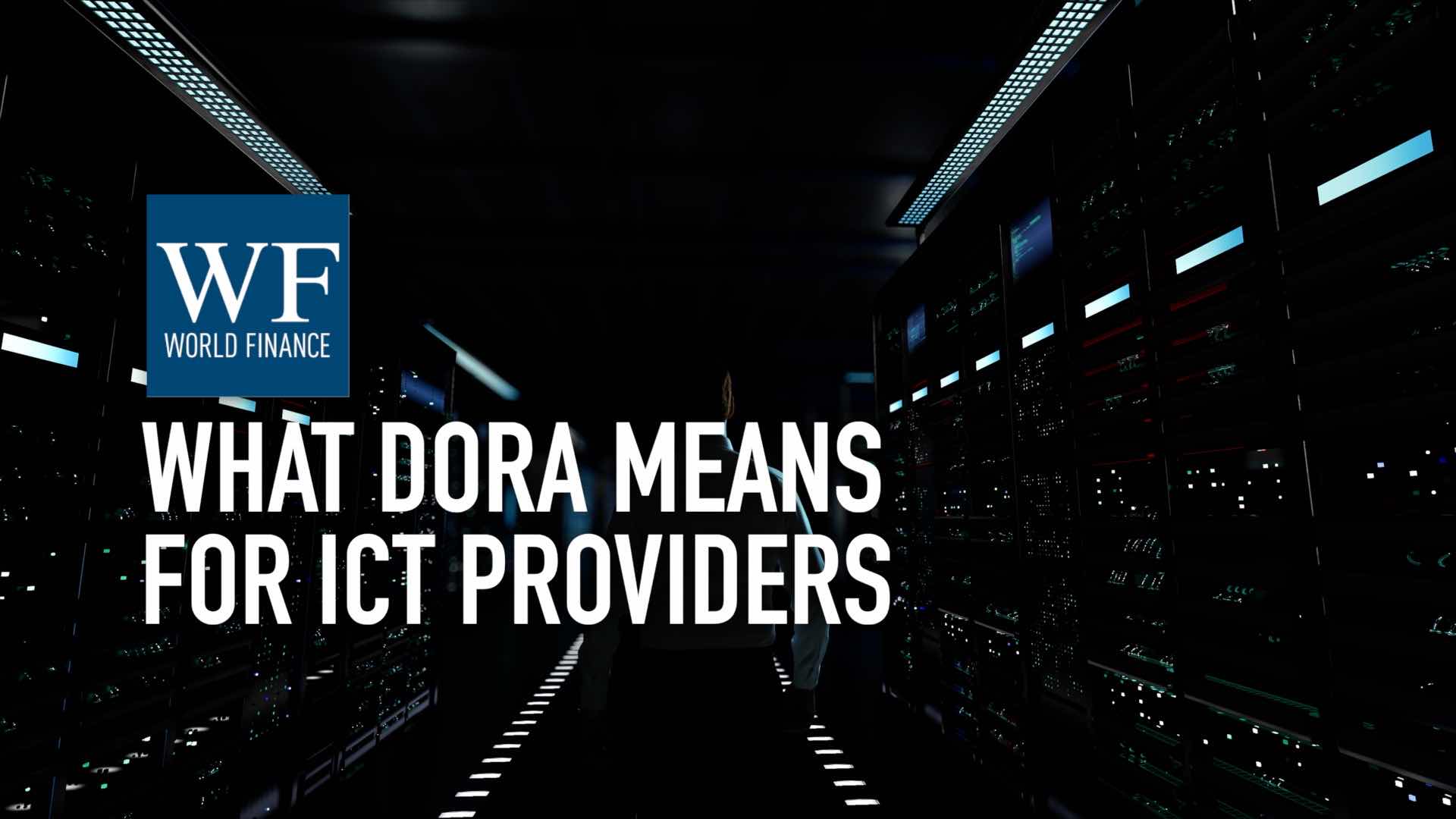Banco Penta on the Chilean banking sector
World Finance speaks to Daniel Subelman and Marco Comparini of Banco Penta to find out about the role of financial institutes in promoting Chile’s growth
Related:
Transcript
The Chilean banking sector has played a key role in shoring up economic development in the country, but is there room for growth? World Finance speaks to Daniel Subelman and Marco Comparini to talk about progress in the region.
World Finance: Now Daniel, your bank was one of the first to focus on investments, not just acting as a financial middleman. Can you tell me why that decision was so important to your company’s success?
Daniel Subelman: Most banks in Chile, after an intense period of MNA activity, became major corporations, highly efficient, serving all types of clients across all products nationwide. But that scale came at a cost. They had to develop policies and processes to make them more standardised and rigid. Inevitably, that made them more slow and more bureaucratic. In 2004 Banco Penta was founded as a bank focused exclusively on high net-worth individuals, corporate clients and financial institutions, serving only brokerage, asset management, corporate finance, season trading and financing. What are the numbers after that? Well, the last three years, revenues have grown at the CAGR of 25 percent, that surprised even us, and a third of those revenues are fees, which for a bank is pretty unique. Most international banks would envy that. Profits have doubled every single year since then, our credit rating has increased two notches, we have issued four series of bonds and an impressive low spread. Finally but not last, we are here. That is another good sign. We received an award of Best Investment Bank Chile, 2014, as well as last year we received an award for the best MNA deal of the year in Chile also.
Profits have doubled every single year since then, our credit rating has increased two notches, we have issued four series of bonds and an impressive low spread
World Finance: Very interesting. Now Marco, the FUT financial mechanism that allows companies to defer their taxes has been removed. Can you tell me, how has the decision affected a company’s ability, or corporate’s, to really do their business?
Marco Comparini: Well first of all the Chilean tax reform has already been discussed in the congress. As far as we know, the FUT won’t be eliminated, but modified. It cannot be eliminated because it has been a very important financing source for Chilean companies. From a corporate side, the big change is in the corporate tax rate, because it will increase from 20 to s7 percent, which is a big change. Of course, that will have an impact, it’s obvious. Nevertheless, this information has already been in the market for at least two or three months, so I would say that it is already in place, it’s priced in. At the same time, I would say that the Chilean companies are in a very healthy situation. Therefore, they can cope with the increase in corporate tax rate.
World Finance: So we just heard about some of the opportunities that the banking sector offers, but of course we’ve had some more financial players, Marco, enter into the market, including Banco Santander. Can you tell me, the proliferation of competition, has the been good or bad for people like your self?
Marco Comparini: The competitiveness of the market has been pretty good for everybody, for the country. If you want to be a developed market, you have to have a developed financial system, and this is something that we believe that we have. A sign of that is the banking penetration in Chile, which is 80 percent, which is quite high if you compare it with some neighbours, like Peru and Colombia, they are in the 20s plus. Therefore, you can say that it’s a deep financial market, and very competitive. Nevertheless, when you analyse all the banks, you realise that you have to have a different strategy if you want to start with a new bank in Chile. So that’s the reason why in 2004 when we set up Banco Penta, we decided to do something unique, and we have had pretty good returns out of that, we’re very happy with the strategy, and we’re very proud of being the first investment bank in Chile.
World Finance: Now we just heard about how competition helps the marketplace, can you tell me Daniel about how the higher than expected inflation rate has impacted your ability, and others’ ability to operate in the current financial market that exists in Chile?
Daniel Subelman: Even though that’s completely true in most countries, in Chile we’re moving in the opposite direction. We’re coming from a relatively high inflation context, but we’re moving the other way. Inflation is going down, the economy is cooling down. However, in any case, in Chile we have the UF. The UF is an index that is pegged to the CBI. Every single month, it readjusts from the previous month’s CBI, and most fixed income securities in Chile are traded in real rates back to this index, which is the UF, similar to the TIPS in the US. So, banks when they build budgets can hedge the inflation risk having in the balance sheets in the assets’ UF. That’s the Chilean reality today, and that’s why we’re also pretty unique as a country, because it’s not very common in other countries to have this deep inflation real rates that can help you cover and hedge that risk.
World Finance: Now Marco, we just heard about how the financial community is on the up and up, but of course there’s always room to grow. How can the government improve the financial regulatory environment that you operate in to make it even easier?
Marco Comparini: Always there is room for improvements from a regulatory perspective. Nevertheless, according to what we have seen in the last five years in the international financial system, where we have seen the US and European banks in very difficult situations, during the same period of time we haven’t seen any single problem in any bank. That reinforces their authority, the way they are controlling the market. So I don’t see them doing any significant change, and I agree with them. The Chilean banking system is quite healthy, even though there was a big international crisis, we really coped with it.
The Chilean banking system is quite healthy, even though there was a big international crisis, we really coped with it
World Finance: Fascinating. Now, Daniel of course the Chilean economy has had some sluggish times of late. Can you tell me, does that make you worried at all about the future of the financial sector?
Daniel Subelman: We saw, in the second semester of last year, investment stop and decrease a lot, and I would say the second quarter of this year you started to see consumers reducing consumption. One clear sign of that, in May of this year the outstanding stock of commercial loans was reduced for the first month since February 2010, so more than four years. So yes, that’s a warning. However, there are some good things happening also. We have a huge lack of infrastructure and energy investment, and I can see political consensus to approve some of those projects, and the pipeline is big because of the lack I mentioned, and you will see investment there in the short term future. In addition to that, the slow economy in Chile and lower commodities prices in the market have made a weaker peso. We have a very open economy, so we have exporters who have been suffering, and a lot of pressure to make profits in a very strong currency, all exporters who sell in international markets. That part of the economy will benefit from a weaker peso. So the ones that survived a long period of strong Chilean peso became very strong, and very efficient. So now the margins will improve, and those sectors will benefit from that.
World Finance: Very interesting. Daniel, Marco, thank you so much for joining me today.
Both: Thank you.

 What the Digital Operational Resilience Act means for board members and CEOs
What the Digital Operational Resilience Act means for board members and CEOs What the Digital Operational Resilience Act means for third party ICT providers
What the Digital Operational Resilience Act means for third party ICT providers
